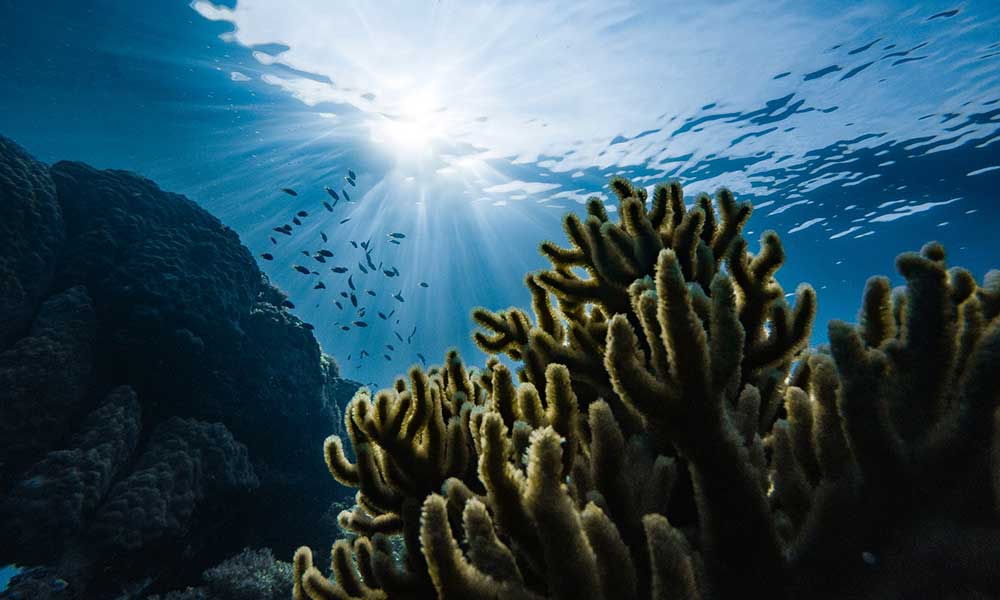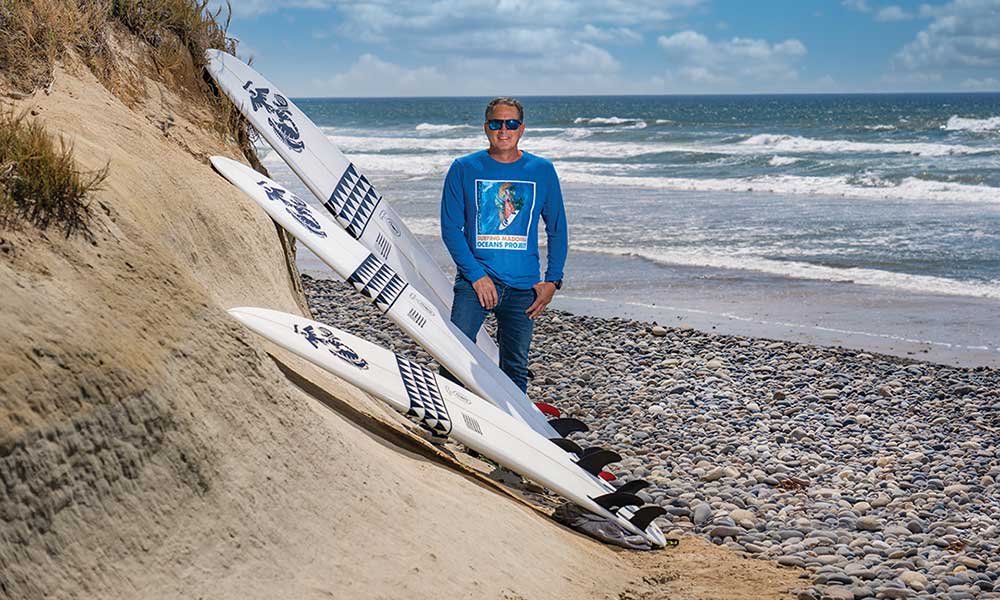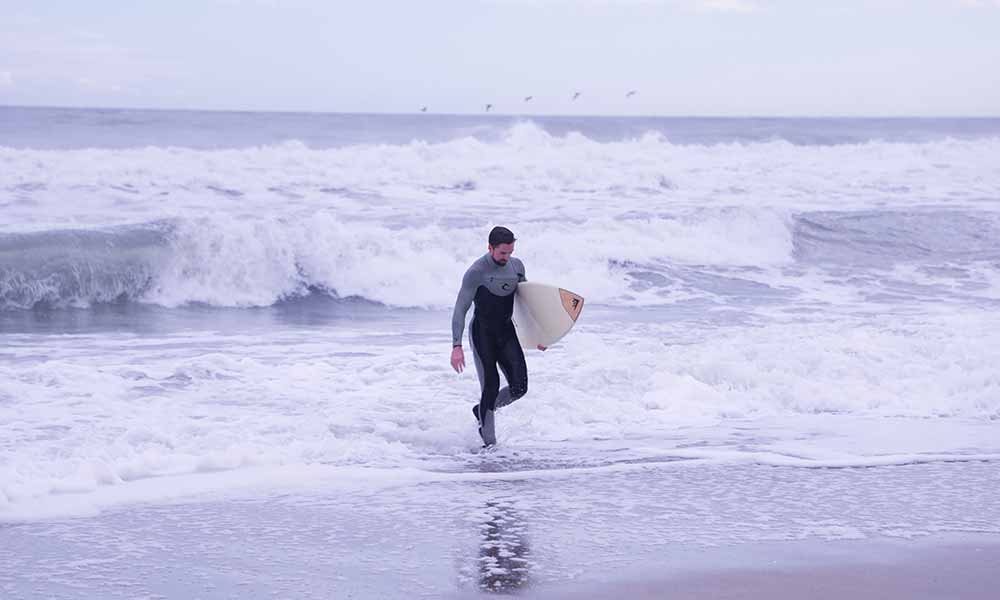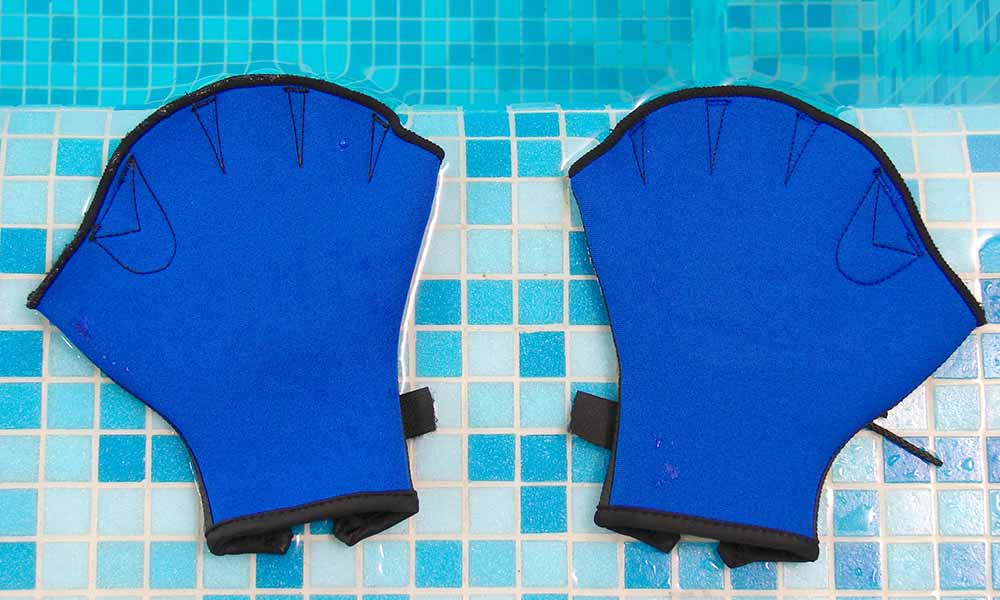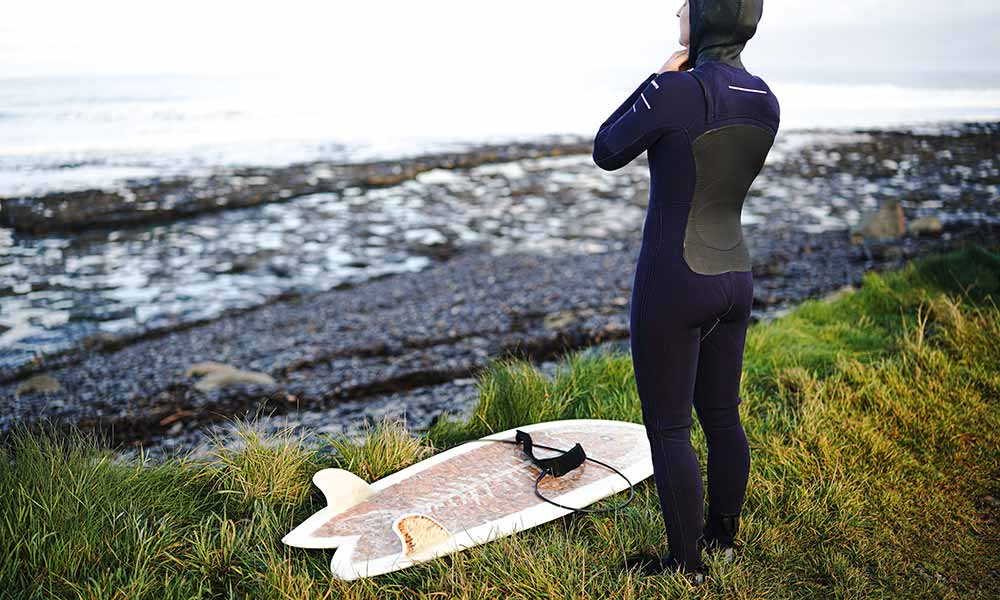Reef safe sunscreen is sunscreen that can be worn outdoors to protect the skin from harmful UV rays and doesn’t harm the reef ecosystem.
Unlike 70 percent of sunscreens on the market, reef safe sunscreen doesn’t contain oxybenzone and octinoxate, which are chemicals that can bleach coral in the ocean.
Once coral becomes bleached, it experiences trauma and stress, which increases the risk of disease and death.
What Sunscreen Is Safe For Coral Reefs?
Sunscreen that is reef-safe typically has mineral UV-blocking ingredients without any additives or harmful chemicals.
The sunscreen likely contains oxide and titanium dioxide, which are safe for the ocean.
Sunscreen particles with nanoparticles, which are a smaller size, and sunscreens made with traditional zinc oxide are considered to be safe to use at the beach.
One of the best ways to determine if sunscreen is safe for coral reefs is to look at the active ingredients it contains to check for any oxybenzone or octinoxate that may be present.
Keep in mind that when a product is labeled as “reef-friendly,” this term isn’t always regulated.
Reading the ingredients can allow you to get an idea if it’s actually for reefs.
Sunscreen with nanoparticles is still considered to be unsafe for coral reefs because they’re toxic in large quantities and high concentrations.
Additional sunscreen ingredients to avoid to prevent damage to reefs include homosalate, 4-methyl benzylidene camphor, PABA, parabens, Triclosan, and exfoliating beads.
Some of the top brands that are safe to use include Kokua Sun Care Hawaiian Natural Zinc Sunscreen, Mama Kuleana Waterproof Reef-safe Sunscreen, and Little Hands Hawaii All-natural and Organic Sunscreen.
How To Tell If A Sunscreen Is Reef Safe
You can check to see if a sunscreen is reef safe by reading through the active ingredients.
Avoid any products that include octinoxate, oxybenzone, and octocrylene.
Not only are the ingredients important to review, but you should also check the label to determine if the particles are non-nano.
This means that all the particles in the formula are more than 100 nanometers to prevent coral reefs from absorbing them.
Mineral sunscreens are considered to be the most eco-friendly and safe for the environment is because they’re non-nanotized.
The larger particles are safer for marine life because they have a more natural size compared to other artificial products available to consumers.
What Kind Of Sunscreen Is Allowed In Hawaii?
Only reef-safe sunscreens are permitted in Hawaii for all residents and visitors.
The sale of sunscreens with oxybenzone and octinoxate was banned in Hawaii in 2018.
The type of sunscreen that is permitted includes mineral-based sunscreens with natural ingredients.
Products that contain zinc oxide and titanium oxide are not as harmful to reefs and are considered to be a safer alternative for the natural habitat.
All sunscreens permitted in Hawaii must be labeled “non-nano,” which has particles larger than 100 nanometers to prevent them from being absorbed by the coral and causing damage.
However, there are not a lot of sunscreens on the market that are proven to be safe for all types of marine life.
Is Neutrogena Sunscreen Reef Safe?
Some of the Neutrogena sunscreen products are considered to be reef-safe, whereas other products sold by the brand are not safe to use.
The Neutrogena Sheer Zinc Dry Touch sunscreen is safe to apply.
Products like the Neutrogena Ultra Sheer Dry Touch sunscreen are not considered to be safe for the coral reef.
Is Sun Bum Sunscreen Reef Safe?
Yes, Sun Bum sunscreen is considered to be reef safe because it doesn’t contain any parabens.
This product contains active ingredients like avobenzone, octocrylene, homosalate, and octisalate.
This sunscreen is safe enough for the coral reefs that it’s permitted in Hawaii.
Is Cerave Sunscreen Reef Safe?
Yes, the Cerave sunscreen is considered to be reef-safe because it isn’t made with oxybenzone or avobenzone.
It’s a 100 percent mineral-based sunscreen that offers skin protection and reflects the sun’s rays.
Is Hawaiian Tropic Sunscreen Reef Safe?
No, Hawaiian Tropic sunscreen is not considered to be reef-safe because the product contains harmful chemicals.
Is Coppertone Sport Sunscreen Reef Safe?
No, Is Coppertone Sport sunscreen is not reef-safe and has dangerous chemicals that can bleach the coral reef.

